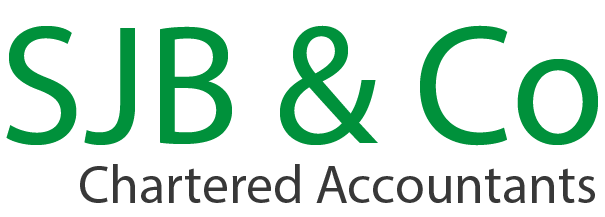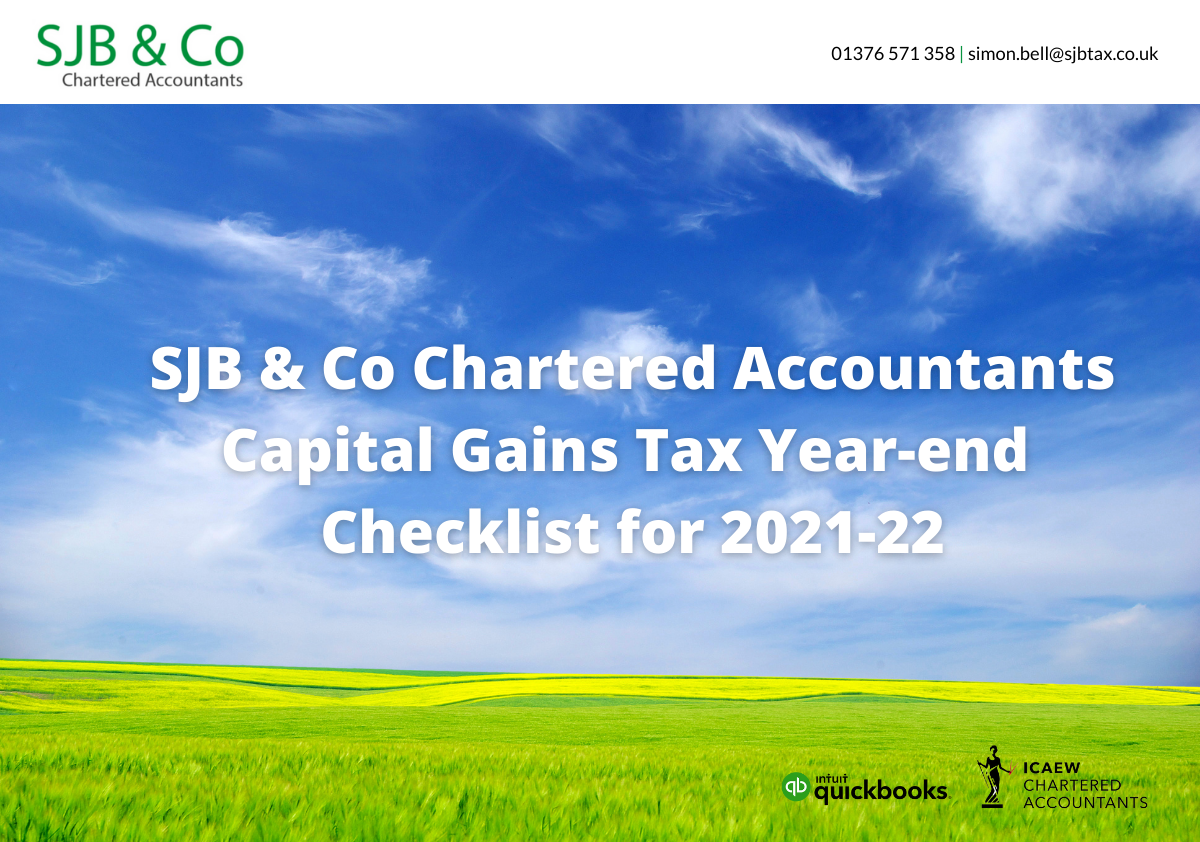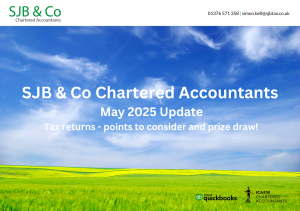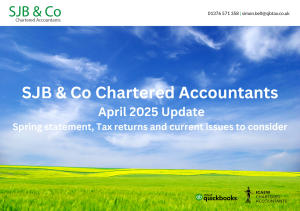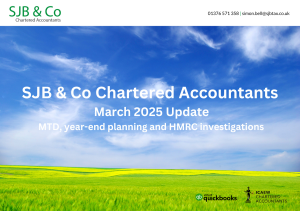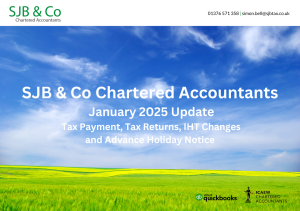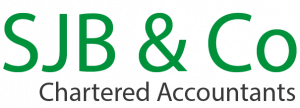- The annual tax-free capital gains allowance is £12,300. Consider selling assets, shares for example, that can be sold within the tax-free allowance.
- If your chargeable gains are likely to exceed the £12,300 limit, are there any assets you can sell at a loss to reduce the total gains below the tax-free limit? It is no longer possible to sell and buy back shares directly to facilitate this planning option: the so-called “bed and breakfast” arrangement. An alternative to the “bed and breakfast” strategy which can achieve a similar result is to sell shares in the market and for your spouse to buy the same shares . Another variation would be to sell shares in the market held on a general account and then buy the same shares in an ISA.
- If you are contemplating the sale of your business make sure you have arranged your affairs such that you can claim Entrepreneurs’ relief. This will potentially allow you to make qualifying gains of up to £1m and only pay CGT at 10%.
- As the level of your taxable income, for income tax purposes, will affect the rate of CGT you will pay, investigating ways to reduce your income tax earnings may save you CGT as well as income tax.
- A gift of chargeable assets to your spouse does not create a CGT charge.
- Your spouse and children also qualify for a separate tax-free allowance of £12,300. Transferring assets between family members can reduce overall CGT liabilities if considered before a sale. Remember transfers of chargeable assets to children are taxable transactions and deemed to be at market value.
- It may be possible to claim other reliefs to reduce your potential liability to CGT. These could include rollover and hold-over gains reliefs. If you are likely to make significant capital gains please contact us for advice as soon as possible so that we can explore available strategies for minimizing your CGT bill.
- The sale of your main home is generally free of CGT. If you have let the property for any time during your period of ownership, or if you have made significant use of the property for business purposes, then there may be a CGT liability when you sell. If you are affected, make sure you take advice on this issue in advance of sale.
- CGT payable on chargeable disposals (excluding residential property where tax is due 60 days after completion) after 5 April 2021 and before 6 April 2022 will be due for payment by 31 January 2023. If you delay the disposal until after 5 April 2022, any CGT due will be payable a year later, 31 January 2024. Theoretically, you could delay a disposal by one day (from the 5 April to the 6 April 2022) and it would extend the amount of time you would have to pay the tax to by 12 months.
- Review all the assets you own that are currently worth less than you paid for them. Should you dispose of them and make use of the capital losses? Which would be the best tax year to register the loss? This could include a claim to treat shares as having no value (a negligible value claim).
- If you are selling residential property, remember that this has to be reported within 60 days of completion and payment made at the same time. The capital gain also has reported on the self-assessment tax return at the end of the year.
For more information or to discuss any issues raised above please contact Simon Bell by phone on 01376 571358 or email [email protected] . This article is written in general terms and therefore cannot be relied on to cover specific situations . Applications of the principles set out will depend on particular circumstances. It is recommended that you take professional advice before acting or refraining from acting on any of the above content.
